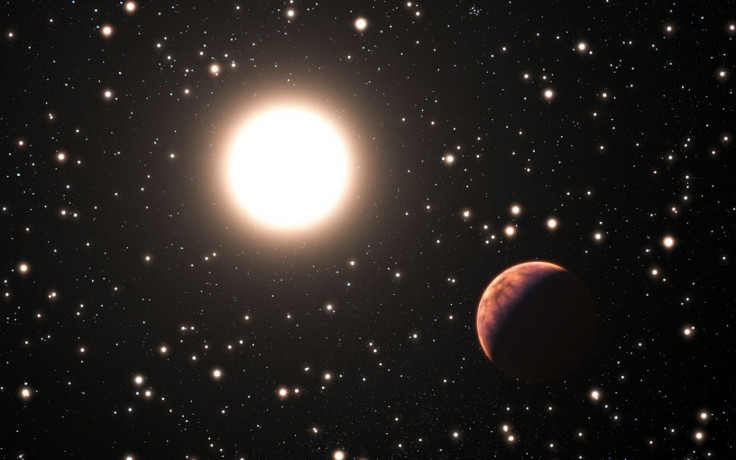Exoplanet Aliens 'Harder to Find than Expected'

The search for life on exoplanets will be much harder than believed because the test used to find aliens can produce a false positive result, astronomers have warned.
Scientists with the University of Toronto Scarborough said that the search for life outside our solar system would be hindered by the method used to find biosignatures – the presence of multiple potentially life-giving chemicals such as methane and oxygen in an exoplanet's atmosphere.
Lead author Hanno Rein said the biosignatures could be found on lifeless planets with lifeless moons.
"You wouldn't be able to distinguish between them because they are so far away that you would see both in one spectrum," he said.
"A telescope would need to be unrealistically large, something 100 metres in size and it would have to be built in space. This telescope does not exist, and there are no plans to build one any time soon."
There are more than 1,700 known exoplanets but scientists have estimated that there could be more than a billion in the Milky Way alone.
"There are plenty of reasons to be optimistic that we will find hints of extraterrestrial life within the next few decades."
Scientists look for liquid water by estimating a planet's size and temperature. The presence of water is seen as one criterion a planet needs to sustain life.
While astronomers can hypothesise the atmosphere of exoplanets, they cannot make any conclusive observations with the technology that currently exists, Rein said.
The search for alien life would be difficult but not impossible.
He said astronomers should look for aliens inside our solar system before venturing out to exoplanets. "We should make sure we are looking at the right objects," he explained.
"As for exoplanets we want to broaden the search and study planets around stars that are cooler and fainter than our own sun. One example is the recently discovered planet Kepler-186f, which is orbiting an M-dwarf star.
"There are plenty of reasons to be optimistic that we will find hints of extraterrestrial life within the next few decades, just maybe not on an Earth-like planet around a Sun-like star."
© Copyright IBTimes 2025. All rights reserved.






















